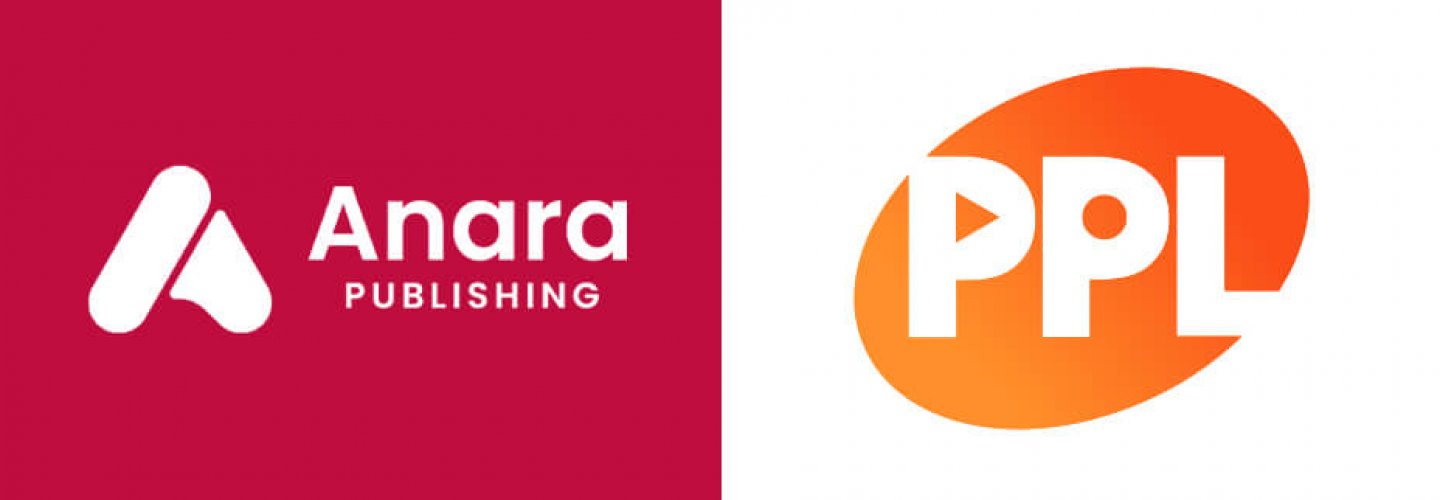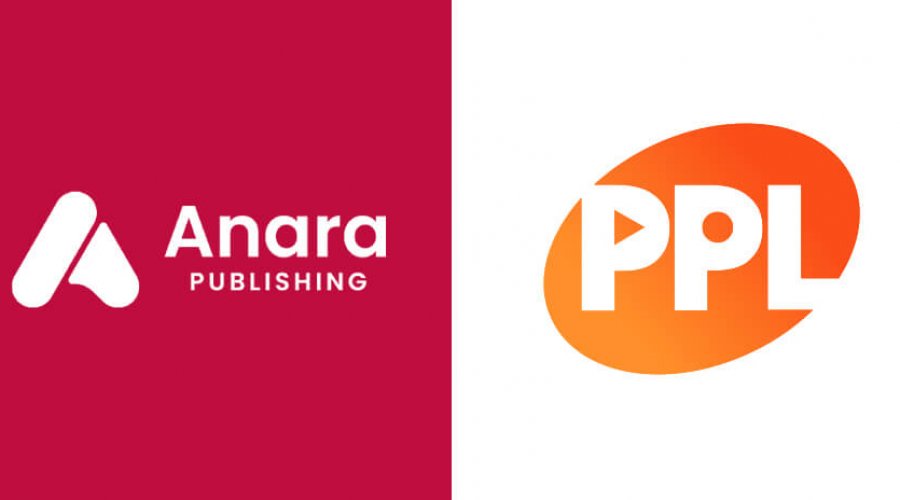We asked Sarah Mitchell, Director of Membership and Communications at PPL to tell us more about the UK music licensing. From this interview we’ll learn why it is important for the artists to register their music on the PPL database and how to do it.
What is PPL and who can join?
PPL is the UK’s music licensing company for over 110,000 performers and recording rightsholders. We license recorded music in the UK when it is played in public (shops, bars, nightclubs, offices etc.) or broadcast (BBC, commercial radio, commercial TV etc.) and ensure that revenue flows back to our members. If you have made an audible contribution to a recording, you are a ‘performer’; if you own the rights to a recording, you are a ‘recording rightsholder’. Both performers and recording rightsholders can join PPL and start collecting royalties when a recording is used.
We also have a sister company called VPL which licenses music videos when they are broadcast on TV and shown in public.
What is the difference between PRS for Music and PPL? What rights does each organisation manage?
PPL collects and distributes money for the use of recorded music. We do this on behalf of the performers on a recording (such as a guitarist or a singer) and the recording rightsholder (often a record label or a self-releasing artist).
PRS for Music collects and distributes money for the use of compositions. It does this on behalf of songwriters, composers and music publishers for the use of their musical compositions and lyrics.
It is possible to be a songwriter, performer and recording rightsholder at the same time, and so collect from both PPL and PRS for Music.
Why should I join PPL?
If you have played on, or own the rights to, a recording you are legally owed a share of its royalties. In 2019 we collected a total of £271.8 million for performers and recording rightsholders. By becoming a member, you will receive your fair share of these collections if your recordings are broadcast or used in public in the UK and in various territories around the world. Whether you are a session musician, a festival headliner, a small independent label or a major record company, you can join PPL for free.
How does PPL’s licensing allow broadcasters to use my track?
By collectively representing the rights of over 110,000 performers and recording rightsholders, a PPL licence gives broadcasters the right to use any recording listed in our 15 million+ repertoire database. Without such collective representation, a broadcaster would have to approach each recording rightsholder individually to approve the use of a recording in its programming.
By registering repertoire with us, rightsholders make their music widely available for use on TV and radio, increasing the potential for royalties from its usage.
Do I need a publisher or label to sign up to PPL?
No. You can join if you have performed on, or own the rights to, a recording. You do not need any representation to join.
How much does it cost to join PPL?
It is free to join. Visit our website www.ppluk.com
What information do I need to join PPL?
To register you will need to give us your:
- Photo ID
- Contact details
- Bank and tax details
- Signature, date of birth and address
- The rights mandate you are giving us. For example, would you like PPL to represent and collect for your neighbouring rights just in the UK, or overseas as well?
To start receiving royalties as a performer, you will also need to make claims against recordings you have performed on. These claims may require evidence of your contribution to the recording, such as sleeve notes or a contract.
How do I create my account on the PPL website?
myPPL is the portal through which members engage with us, claim a performance or register their recordings. It is accessed by visiting www.ppluk.com and clicking on the “Join PPL” button in the top righthand corner, which begins the step-by-step registration process.
How to register my new releases on the PPL database after I’ve created an account?
In order to register a release, the individual recordings it features must already be registered. To register a new recording, log into your myPPL account and click ‘Register Repertoire’. Select the option to ‘Register Recording’ and fill in the required fields of recording details, contributions, repertoire ownership, rightsholders and publishers.
It is the responsibility of the rightsholder to submit performer information with each new recording.
To register a release, click on the “Register a Release” button. This will take you through the step-by-step process to providing us with the relevant information, including which recordings it includes. Information on releases can help us identify when tracks are played, and also help us collect royalty revenues from overseas.
We have ‘How-to’ video guides on our website that take members through this process step-by-step. Visit https://www.ppluk.com/tools-resources/how-to-guides/.
Where do the royalties come from?
We license recorded music in the UK when it is played in public (shops, bars, nightclubs, offices etc.) or broadcast (BBC, commercial radio, commercial TV etc.). The licence fee we collect from these music users is then used to pay the performers and rightsholders of the recordings played. We also have agreements with music licensing companies overseas which allow us to collect royalties for when our member’s recordings are played in other countries
How do I get paid?
As a performer, once you have registered you can then make claims against the recordings that you have performed on. As a rightsholder once you have registered your recordings, payments will begin if the tracks are used.
Payments for use of music in the UK are made twice a year, in June and December. Payments for use of music outside of the UK are made quarterly, in March, June, September and December.
Do I need to be based in the UK to join?
No, we represent performers and recording rightsholders from the UK and around the world.
Does PPL collect my royalties outside the UK?
Yes. We have over 95 agreements with our counterpart societies around the world, allowing us to collect royalty income from those territories for our members. In 2019 we collected £86.7 million from societies around the world for the use of recorded music.
How does PPL know when my music is used?
It is always our preference to get the exact information on the recordings used.
Where possible, we receive exclusive track-by-track music usage data from the TV and radio stations we license. This tells us the recordings they are playing, and the data in our repertoire database then identifies the performers and rightsholders to be paid.
Where this is not feasible, such as for small businesses, we use a combination of methods which have been refined over time. This includes sampling, through in-person site visits and surveys, to ascertain which businesses are using which music. We are looking at ways to make our system even more accurate. For example, in partnership with PRS for Music we are trialing Music Recognition Technology in certain venues to even more accurately identify the recordings used. You can find out more here: https://www.prsformusic.com/c/music-recognition-technology.

